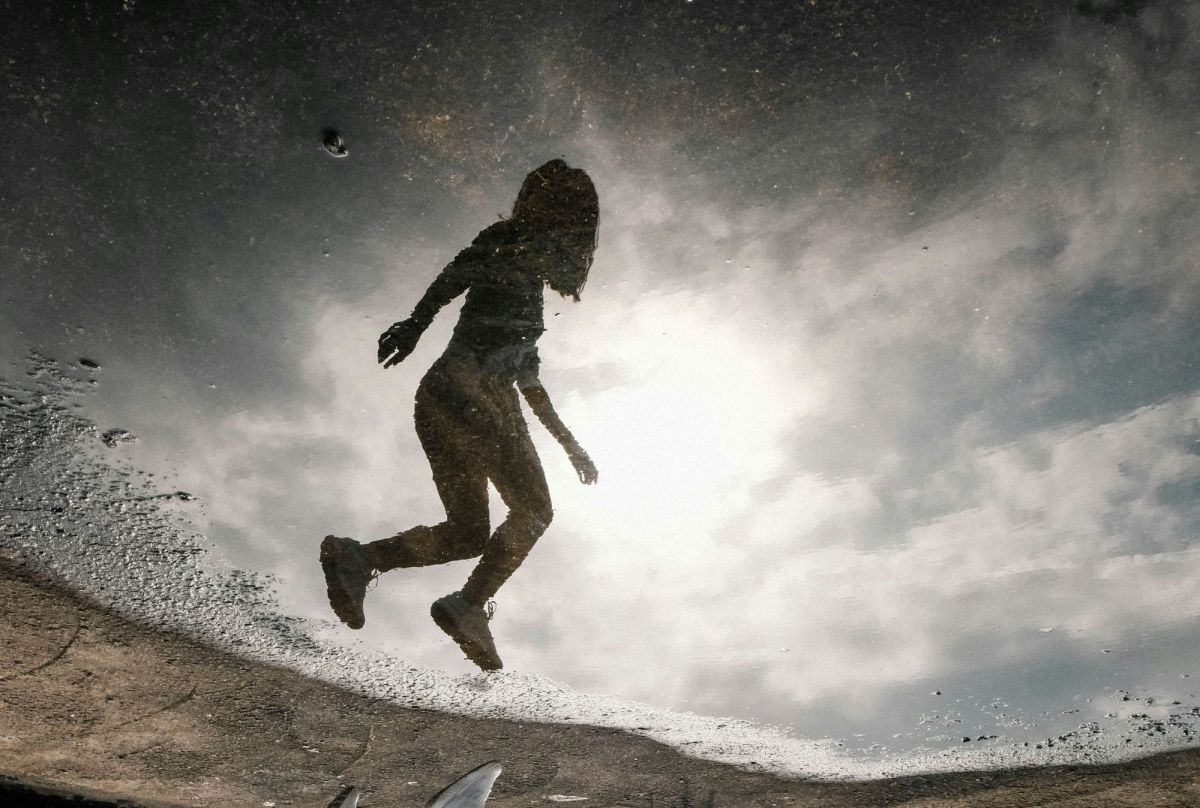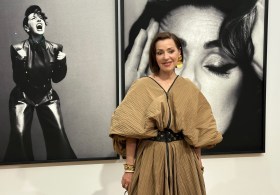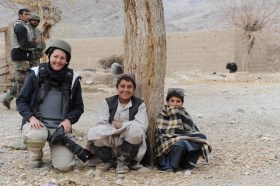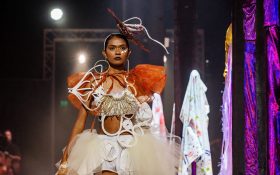Arts sector appointments: quick links
Next Wave announces Board changes including new Chair
Next Wave, the Melbourne-based organisation supporting early-career artists working across multiple art forms, has announced a number of changes to its Board.
Max Delany (appointed as Chair) and Patrice Sharkey both bring deep experience in arts leadership, advocacy and stakeholder engagement to Next Wave. They join ongoing Board members Kate Robinson (Deputy Chair), Hannah Jensen (Treasurer) and Bec Cole. Alongside recently appointed CEO, Elyse Goldfinch, this new leadership sets the course for Next Wave’s next chapter.
Max Delany is an independent curator, artistic director and consultant with extensive leadership and curatorial experience across public art museums, contemporary art spaces, universities, publications and the public realm.
He was most recently Artistic Director and CEO at the Australian Centre for Contemporary Art (ACCA), and has previously held senior curatorial and directorial roles at the National Gallery of Victoria, Monash University Museum of Art, Gertrude Contemporary and Heide Museum of Modern Art.
Notably, he worked on the Visual Arts program for Next Wave’s 1992 festival and served as Visual Arts Coordinator for the 1994 festival.

‘It’s a great honour to step into the role of Chair at Next Wave, an organisation with an inspiring legacy of championing experimentation, collaboration and new voices in Australian art,’ Delany said.
‘Having worked with Next Wave in various capacities over the decades, I’m excited to return at this moment of renewal – and to work alongside my fellow Board members and the Next Wave team to support the next generation of artists shaping our cultural landscape.
‘In a rapidly shifting cultural landscape, where early-career artists face increasing challenges, Next Wave’s role as a supportive and empowering platform for risk-taking and innovation is more important than ever,’ he said.
Fellow Board member Patrice Sharkey is an independent curator and writer who has held leadership positions at two of Australia’s leading small-to-medium organisations – as Artistic Director of Adelaide Contemporary Experimental and Director of West Space, Melbourne. Other professional positions include Head of Exhibitions and Programs, TarraWarra Museum of Art and Assistant Curator, Monash University Museum of Art.
Sharkey served as an elected organisational representative and Deputy Chair on the Board of the National Association of the Visual Arts (NAVA). She is a previous TCB Art Inc. board member and un Magazine editorial committee member.
Next Wave also warmly thanked and acknowledged outgoing Board members Amrit Gill (former Chair), Jodee Mundy, and Nicole Smith, calling them ‘visionary arts leaders who have played a pivotal role in guiding the organisation through its post-festival era.
Their leadership and commitment strengthened our capacity, governance, and infrastructure, notably securing our tenancy at Brunswick Mechanics Institute until 2034 – a significant investment in Next Wave’s future.
‘As we reflect on a legacy of pushing boundaries, we also look ahead to a bold reimagining of what’s possible for Next Wave — facilitating a future that is artist led, resilient, and always relevant,’ the Next Wave statement concluded.
Westerly appoints new Poetry Editor
Westerly Magazine, a literary journal published out of Western Australia, has appointed a new Poetry Editor: Michael Farrell.
Farrell’s poetry publications include Googlecholia, Family Trees, I Love Poetry (which won the Judith Wright Calanthe Queensland Literary Award) and Cocky’s Joy. Most recently, he authored the short story collection The Victoria Principle, which extended the humour and narrative drive of Farrell’s poetry to the short story form.
Farrell has also written Writing Australian Unsettlement: modes of poetic invention 1796-1945 (revised from a PhD thesis completed at the University of Melbourne).
Read: Meanjin, Australia’s second oldest literary journal, to close
He will be working alongside the magazine’s current Poetry Editor, Lucy Dougan, in reading for Westerly’s upcoming double-edition (issues 70.1 and 70.2) which is currently open for submissions.
Westerly, founded in 1956, is published twice a year at the Westerly Centre (formerly the Centre for Studies in Australian Literature) at the University of Western Australia, and is supported by funding from the WA Department of Local Government, Sport and Cultural Industries and federally by Creative Australia.





